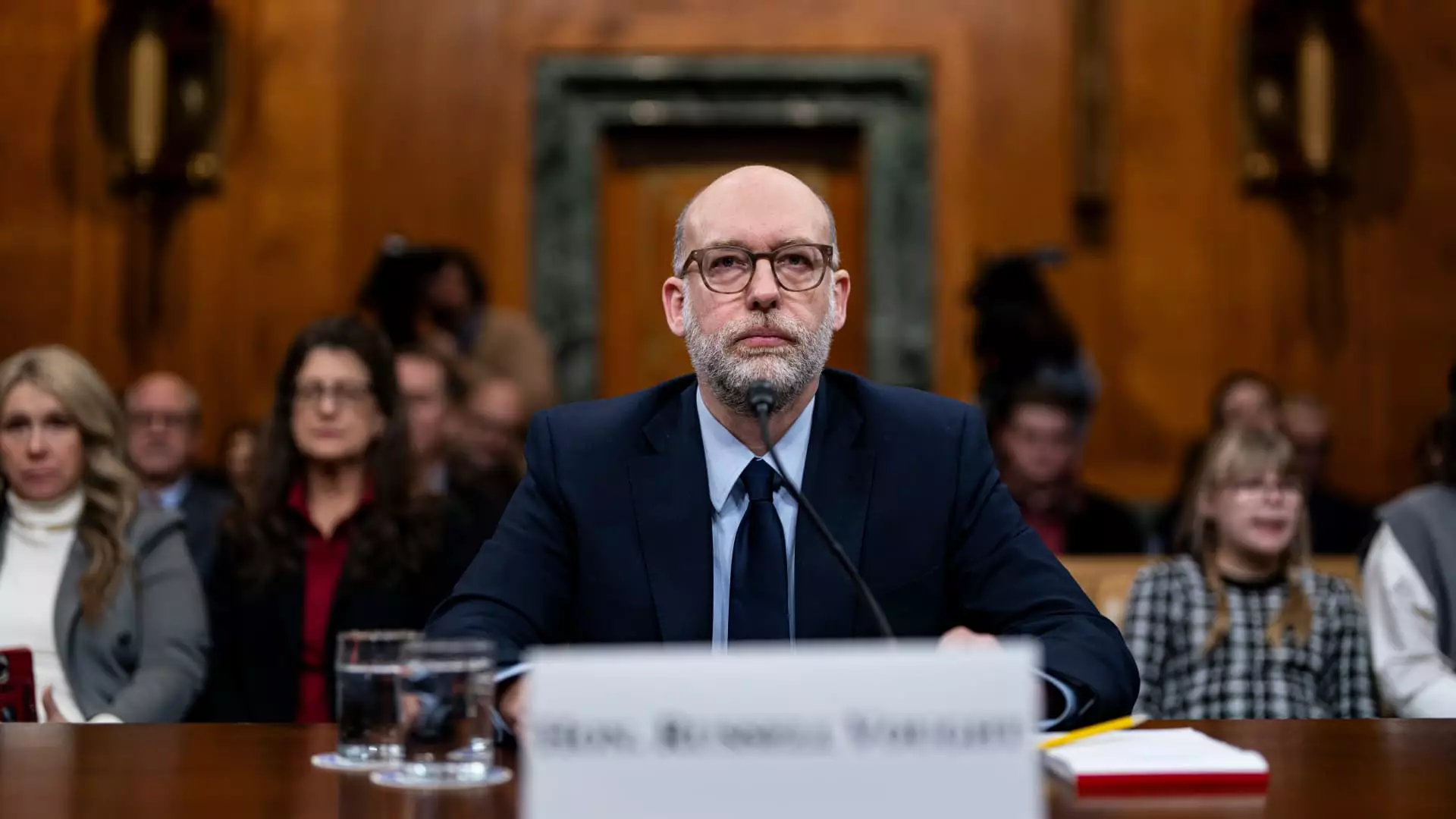The Consumer Financial Protection Bureau (CFPB) is undergoing a significant transformation under the leadership of acting director Russell Vought. Recently, the CFPB dismissed multiple enforcement lawsuits initiated by the previous administration led by director Rohit Chopra. This decision marks not just a procedural shift but reflects a broader strategic pivot within the agency, indicating a departure from the enforcement-heavy policies that characterized Chopra’s tenure. The dismissals include notable cases involving major financial entities such as Capital One, Vanderbilt Mortgage & Finance, Rocket Homes Real Estate, and the Pennsylvania Higher Education Assistance Agency, signaling a new approach to financial compliance and consumer protection.
The legal dismissals were executed through formal notices that emphasized the definitive nature of these actions with language such as “dismisses with prejudice,” which prevents future litigation on the same grounds. This decisive action raises questions about the future direction of the agency’s enforcement priorities. The shift indicates that the CFPB is likely adopting a more lenient approach towards financial institutions, a stark contrast to the stricter regulations imposed during Chopra’s time as director. Such a change could have significant implications for consumer protections, particularly in terms of how financial companies are monitored and held accountable for their practices.
The timing of these dismissals coincides with broader organizational changes at the CFPB. Under Vought’s leadership, the agency has closed its Washington headquarters, leading to the downsizing of its workforce by about 200 employees. This drastic reduction highlights a significant shift not only in leadership style but also in the operational philosophy of the CFPB. The implications extend beyond mere personnel changes; they reflect a fundamental reassessment of the agency’s role in regulating the financial sector, particularly regarding consumer protection. The proactive enforcement actions taken by Chopra’s administration are now being reevaluated in light of a different regulatory vision.
Political Dynamics and Future Directions
The dismissals occurred during a politically charged environment, as senators were in the process of vetting Jonathan McKernan as a permanent appointment for the director position at the CFPB. This political backdrop suggests that the changes at the CFPB are not merely administrative but are also influenced by larger ideological divides regarding financial regulation. While McKernan may bring his own policies to the table, current trends under Vought signal a willingness to decouple the agency from its previous enforcement strategies.
As observers closely monitor the CFPB’s evolving role, it remains to be seen how these enforcement dismissals will impact the landscape of consumer protection in the financial sector. Will the CFPB adopt a more collaborative approach with financial institutions, or will it face criticism for potentially undermining protections that were put in place to safeguard consumers? The answers to these questions will shape the agency’s trajectory in a politically and economically complex environment.

